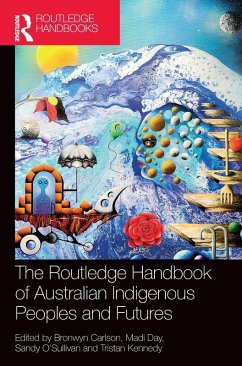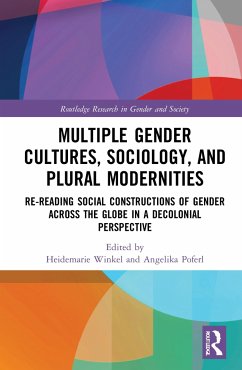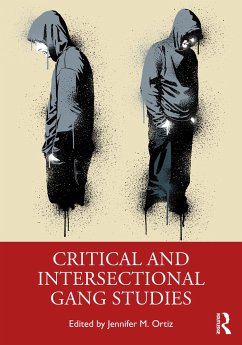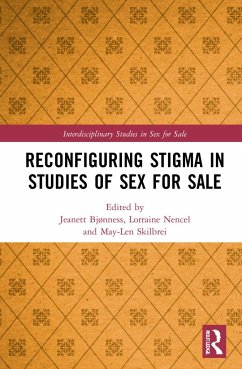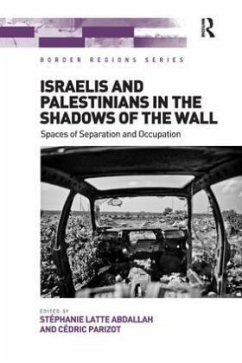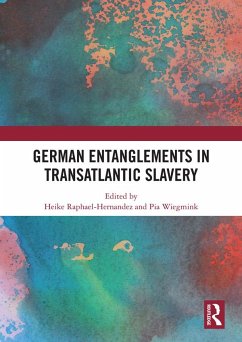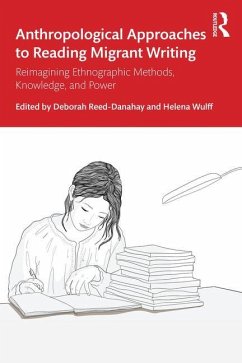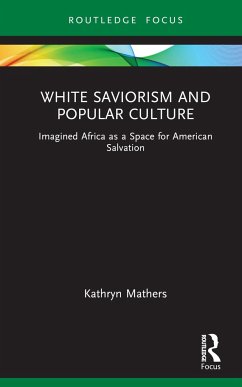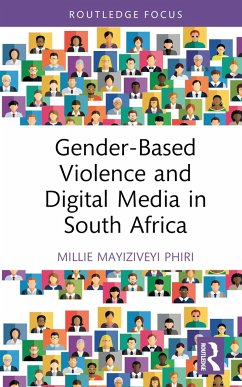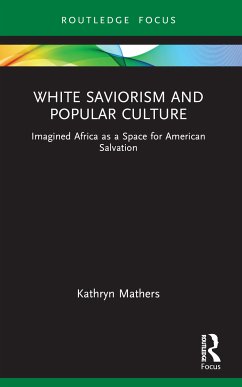
Decolonial Queering in Palestine
Versandkostenfrei!
Versandfertig in 6-10 Tagen
43,99 €
inkl. MwSt.
Weitere Ausgaben:

PAYBACK Punkte
22 °P sammeln!
This book provides a vivid account of the political valence of weaving queer into native positionality and the struggle for decolonisation in the settler colonial context of Palestine, referred to as decolonial queering. It discusses how processes of gender and sexuality that privilege hetero-colonising authority shaped and continue to define both the Israeli-Zionist conquest of Palestine and the Palestinian struggle for liberation, thus future imaginings of free Palestine. This account emerges directly from the voices and experiences of Palestinian activists and artists; particularly, it draw...
This book provides a vivid account of the political valence of weaving queer into native positionality and the struggle for decolonisation in the settler colonial context of Palestine, referred to as decolonial queering. It discusses how processes of gender and sexuality that privilege hetero-colonising authority shaped and continue to define both the Israeli-Zionist conquest of Palestine and the Palestinian struggle for liberation, thus future imaginings of free Palestine. This account emerges directly from the voices and experiences of Palestinian activists and artists; particularly, it draws on fieldwork with Palestine's most established queer grassroots movement, alQaws for Sexual and Gender Diversity in Palestinian Society, and a variety of artistic Palestinian productions (photography, fashion, music, performance, and video art). Offering a comprehensive and in-depth engagement with the situated context, history, and local practices of Palestinian queerness, scholars, students, and activists across (de)colonial, race, and gender/sexuality studies would appreciate its unique insights; its empirical focus also reaches to those academics in the wider fields of Middle Eastern, anthropological, and political studies.





